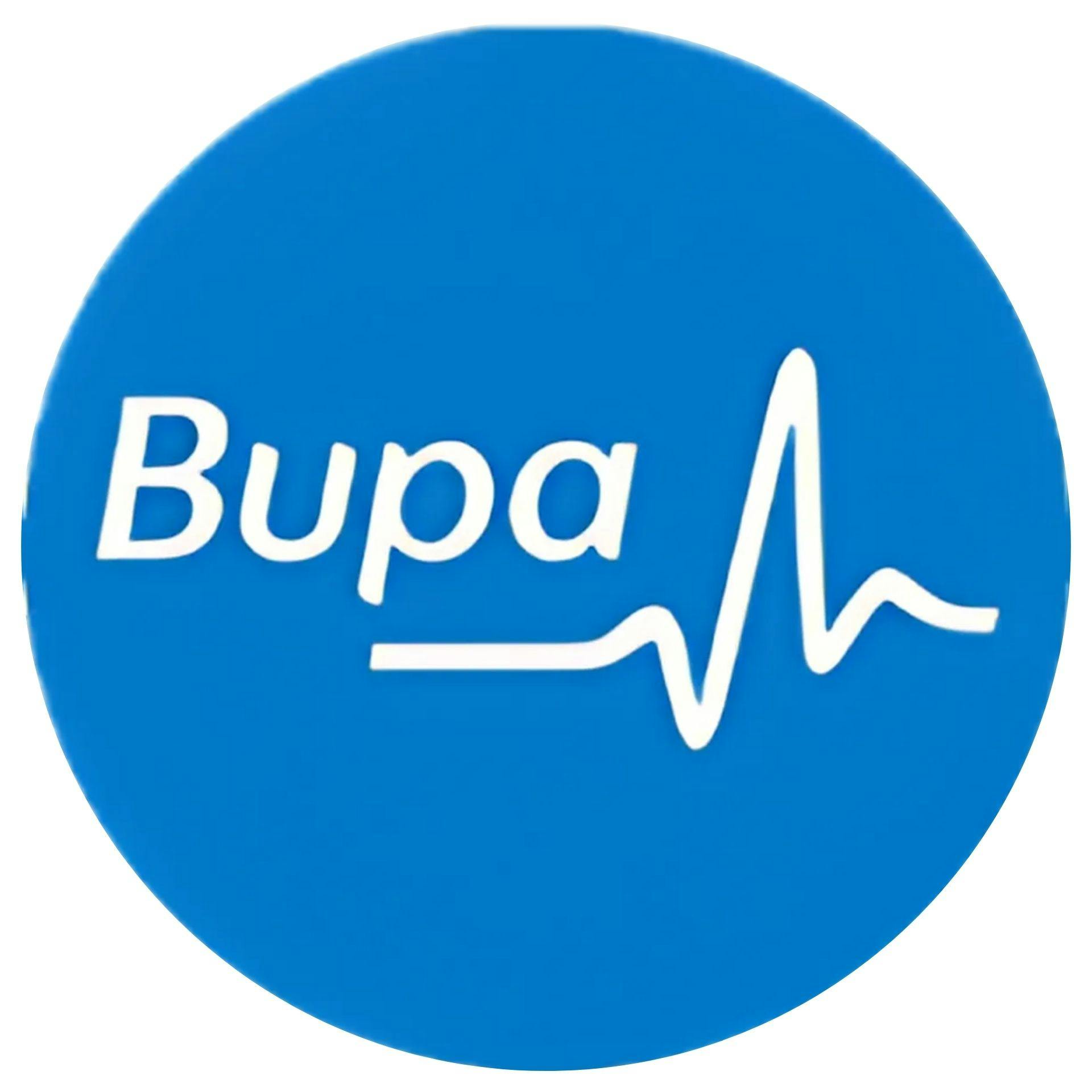Our expert surgical team offers you a number of procedures, so you can address your health issues and restore your full quality of life.
Prioritising Patient Education
The staff at Elanic Medical places a high priority on patient education, as we realise that this is one of the most effective ways to ensure that our patients enjoy a relaxed state of mind while they complete their journey to health and wellness. We understand that medical issues can be frightening, stressful, and highly uncomfortable at times. This is why we make sure to provide our patients with a warm and welcoming environment at our Glasgow Medical Center.
You’ll start your journey with an informative preoperative consultation. This will give you and your surgeon a chance to get to know each other, and enable you to ask any questions you might have about your upcoming procedure. Your surgeon will explain their surgical technique to you in detail while also giving you a clear idea of what you can expect from the recovery process, including aftercare instructions and a detailed timeline.
After your actual procedure, we’ll remain available to you at all times, so we can answer any questions or address any concerns that might come up as you rest and recover after your surgical procedure. We also take care to schedule follow-up appointments with our patients so we can ensure that they are healing up properly and rapidly. If you’d like to learn more about Elanic Medical, reach out to our Glasgow location and set up your consultation today.



















